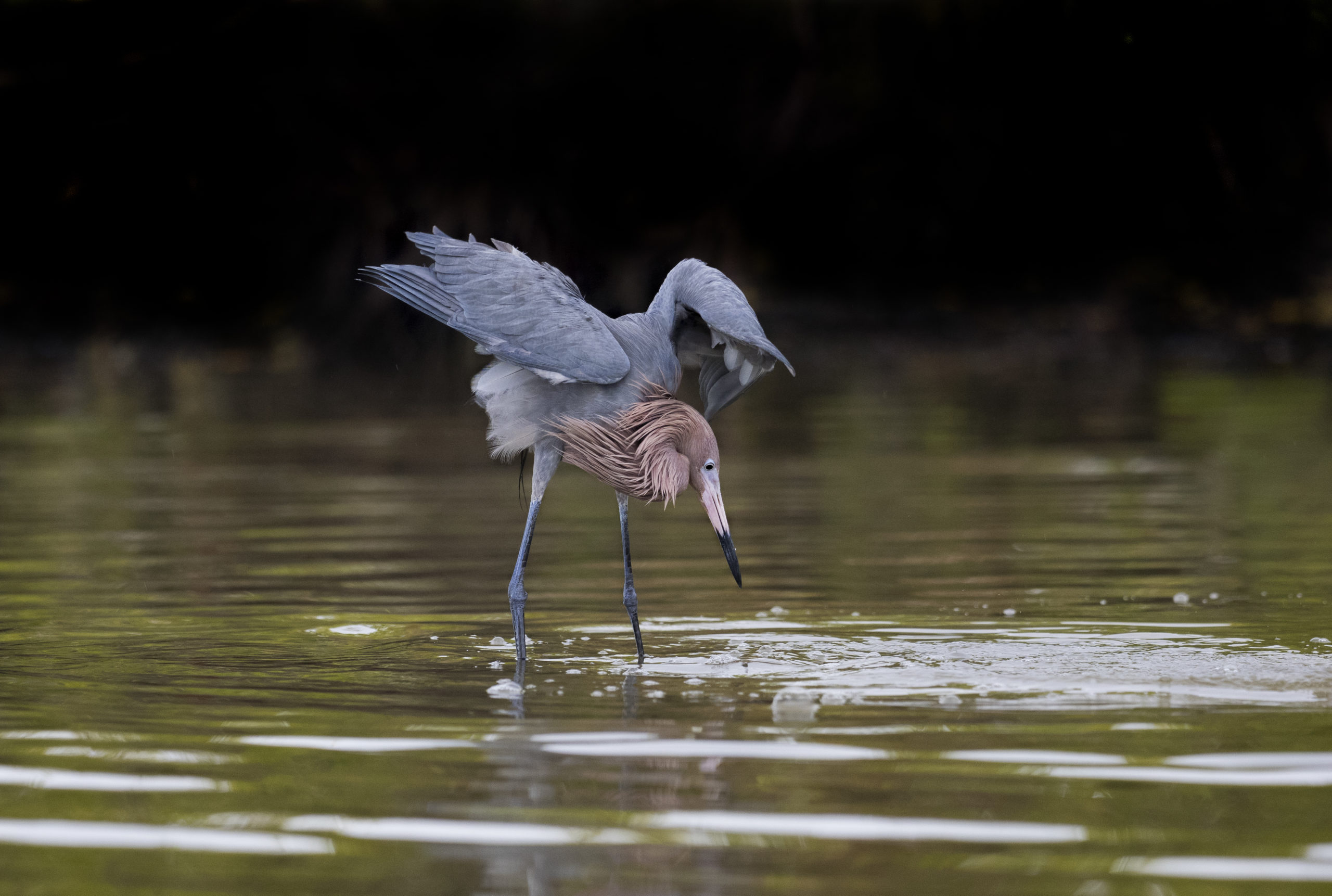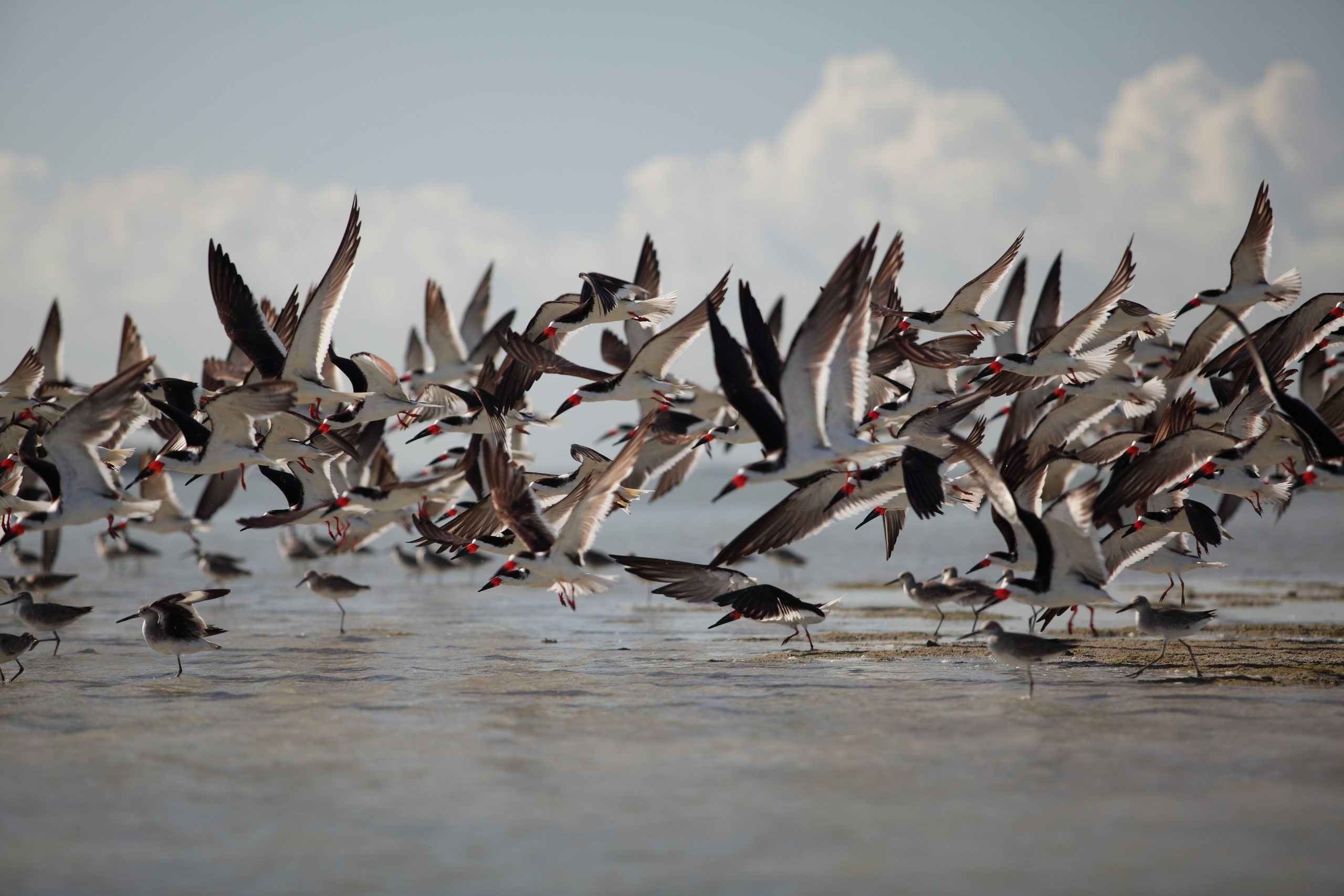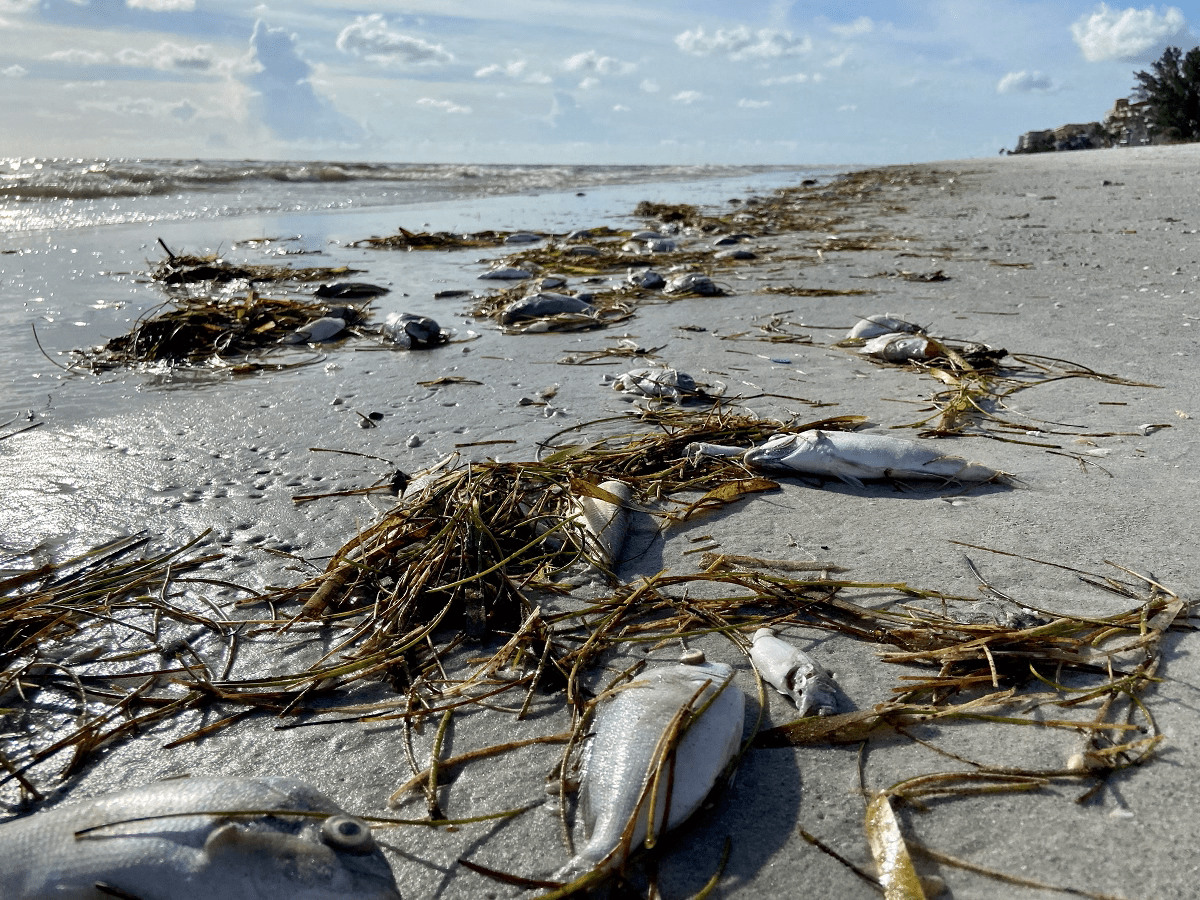We have much more to do and your continued support is needed now more than ever.
Room for Improvement: Progress Report on Florida’s Water Quality
Florida’s water bodies have been suffering from increased pollutants resulting in record manatee deaths, fish die-offs, and algal blooms. In January 2019, Florida Gov. Ron Desantis signed an Executive Order establishing a task force to help inform Florida’s environmental decision-making process and improve water quality throughout the state. The respective appointments to this group, known as the Blue-Green Algae Task Force, make up a water quality dream team of Ph.D.-holding scientists that sit at the top of their fields.

With expertise in algal blooms, hydrologic modeling, coastal systems, chemical ecology, and marine ecosystem health, this group of experts brought objective and sound science to center stage. Together they outlined recommendations to expedite improvements and restoration of Florida’s water bodies.
The expert group wrote the recommendations three years ago, and while some of their suggestions have been addressed, the vast majority have not progressed. The National Wildlife Federation worked with environmental organizations led by Waterkeepers Florida and 1000 Friends of Florida to evaluate how well the State has implemented the group’s recommendations.
In The Blue-Green Algae Task Force Recommendations Implementation Progress Report, our group of twelve environmental organizations evaluated 32 key metrics outlined by the task force. Only four metrics, or 12.5% of the recommendations, received a passing rate and improved water quality for Florida’s people and wildlife.
Failing Florida’s waters

So why the failing grade? At the root of so many of Florida’s water quality issues are pollutants. Major sources of these pollutants include but are not limited to, agricultural operations, wastewater treatment plants, onsite sewage disposal systems, urban fertilizers, and urban stormwater runoff.
These pollutants are still entering our waterways and decreasing the quality of places we play, rely on for our economies, and count on to keep our way of life vibrant and thriving. And while the state has invested large amounts of funding into cleaning up our water, few of the task force’s recommendations centered on prevention or addressing the issues at the source have been dealt with.
This means that Florida’s waters are being polluted faster than the state’s current structure is able to restore them. Improvements are possible and solutions exist – this grade can move up as the state addresses regulatory constraints and knowledge gaps that hinder effective policy and management to safeguard our water.

“Poor water quality directly impacts wildlife,” said Amanda Moore, director of NWF’s Gulf Program. Just this past year we’ve had large fish kills, historic losses of manatees, and stresses on our coastal systems that both people and wildlife rely on. Wildlife can be incredibly resilient. If we give them what they need to recover and implement these recommendations to improve water quality, they can rebound.”
Florida’s waters are being polluted faster than the state’s current structure is able to restore them
In the past year, Floridians have seen pollution plague waters across the state, resulting in fish kills in Tampa Bay, the starvation of manatees in the Indian River Lagoon, and slimed over springs in north Florida. As Florida continues to be developed at record rates and climate change alters our landscape, our waters face increasing risks. The National Wildlife Federation is working to recommend the best available science and advocate for water quality measures that support wildlife and sustain our way of life.





















